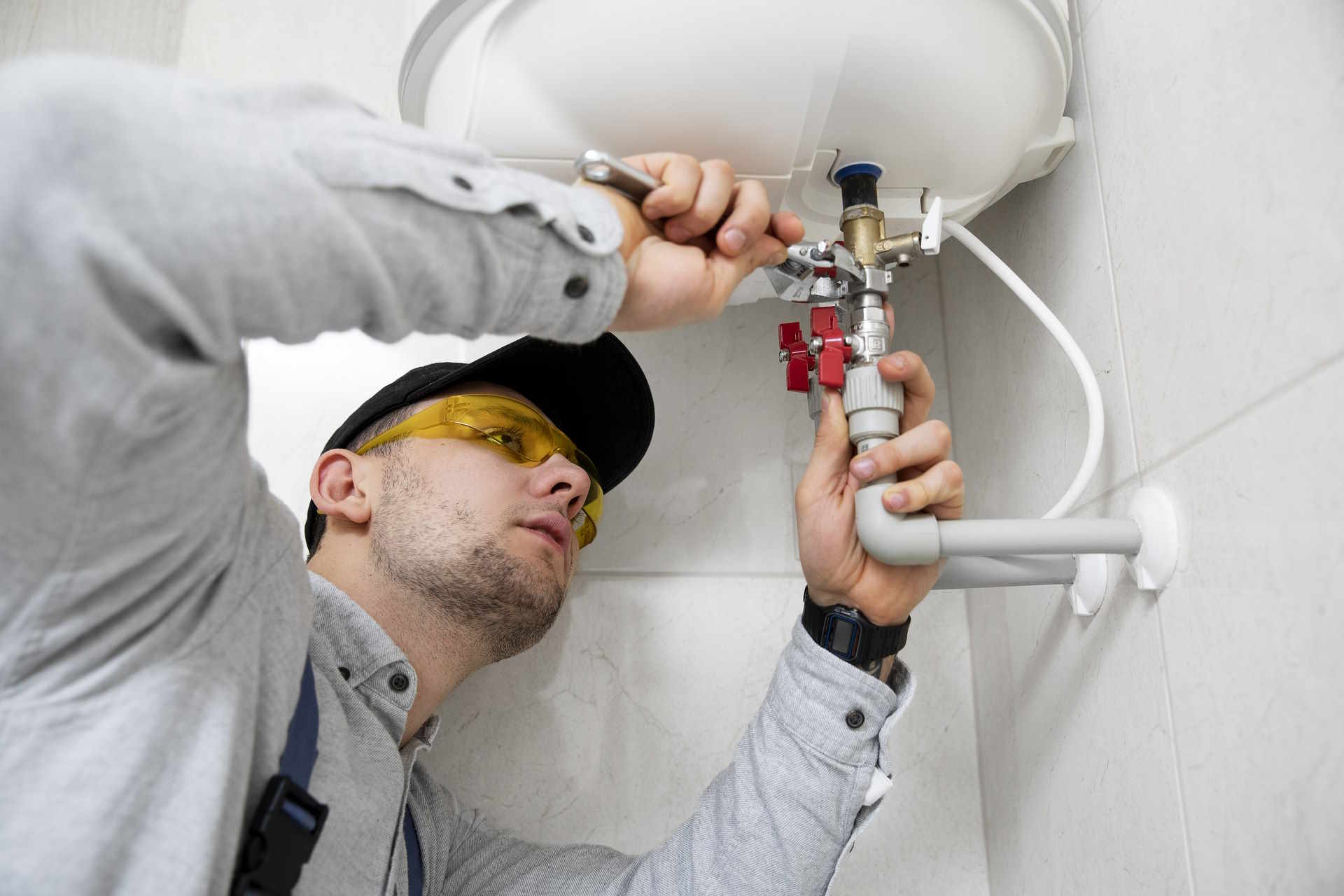Plumbing Opportunities: Roles, Tasks, and Positions
Plumbing is a vital trade that offers diverse career opportunities for those interested in hands-on work and problem-solving. From residential repairs to large-scale commercial projects, plumbers play a crucial role in maintaining and improving our built environment. This article explores the various roles, tasks, and positions available in the plumbing industry, providing insights into how to get started, key skills required, and typical responsibilities you might encounter in this rewarding field.

How can I get started in plumbing roles?
Getting started in plumbing roles requires a combination of education, training, and practical experience. The first step is typically to complete a plumbing apprenticeship, which combines on-the-job training with classroom instruction. In New Zealand, apprenticeships usually last 3-4 years and are offered through various training organisations and employers.
To begin your journey, consider the following steps:
-
Research and contact local plumbing companies or trade organisations to inquire about apprenticeship opportunities.
-
Enroll in a pre-trade course at a polytechnic or training institute to gain basic skills and knowledge.
-
Obtain a driver’s license, as many plumbing jobs require travel between work sites.
-
Develop your math and problem-solving skills, as these are crucial in plumbing work.
-
Gain experience in related fields such as construction or maintenance to build relevant skills.
Once you’ve completed your apprenticeship, you’ll be qualified as a journeyman plumber and can pursue various specialisations or advanced roles within the industry.
What are the key skills and experience for plumbing positions?
Success in plumbing positions requires a diverse set of skills and experiences. While technical knowledge is essential, soft skills and personal attributes also play a significant role in career advancement. Here are some key skills and experiences that are valuable for plumbing positions:
-
Technical skills:
-
Pipe fitting and installation
-
Reading and interpreting blueprints and technical drawings
-
Knowledge of plumbing codes and regulations
-
Familiarity with various plumbing tools and equipment
-
Understanding of water systems and drainage
-
-
Problem-solving abilities:
-
Analytical thinking to diagnose and resolve complex plumbing issues
-
Creativity in finding solutions to unique challenges
-
-
Physical capabilities:
-
Manual dexterity and hand-eye coordination
-
Strength and stamina for lifting heavy materials and working in awkward positions
-
-
Communication skills:
-
Clear verbal communication with clients and team members
-
Basic writing skills for reports and documentation
-
-
Customer service:
-
Professionalism and courtesy when dealing with clients
-
Ability to explain technical issues in layman’s terms
-
-
Time management:
- Efficient organisation of tasks and prioritisation of work
-
Safety awareness:
-
Knowledge of occupational health and safety practices
-
Ability to work safely in various environments
-
Experience in different types of plumbing work, such as residential, commercial, and industrial projects, can broaden your skill set and increase your employability. Additionally, familiarity with emerging technologies like smart home systems and water conservation techniques can give you an edge in the job market.
What are the typical responsibilities in plumbing opportunities?
Plumbing opportunities encompass a wide range of responsibilities, varying depending on the specific role and specialisation. Here are some typical responsibilities you might encounter in different plumbing positions:
-
Installation:
-
Installing new plumbing systems in residential, commercial, or industrial buildings
-
Fitting pipes, fixtures, and appliances such as sinks, toilets, and water heaters
-
Connecting plumbing systems to water supply and waste disposal lines
-
-
Maintenance and repair:
-
Diagnosing and fixing leaks, blockages, and other plumbing issues
-
Performing routine maintenance on plumbing systems and equipment
-
Replacing or repairing damaged pipes, fixtures, and fittings
-
-
Renovation and remodelling:
-
Modifying existing plumbing systems to accommodate building renovations
-
Upgrading outdated plumbing to meet current standards and regulations
-
-
Emergency services:
-
Responding to urgent plumbing issues such as burst pipes or severe leaks
-
Providing after-hours support for critical plumbing emergencies
-
-
Project management:
-
Planning and overseeing plumbing projects, especially in commercial or industrial settings
-
Coordinating with other trades and professionals on construction sites
-
-
Compliance and safety:
-
Ensuring all work meets local plumbing codes and regulations
-
Adhering to safety standards and practices on job sites
-
-
Customer service:
-
Communicating with clients about plumbing issues and proposed solutions
-
Providing estimates for plumbing work and explaining costs to customers
-
-
Documentation:
-
Preparing reports on completed work and maintaining accurate records
-
Creating and interpreting blueprints and technical drawings
-
-
Specialised services:
-
Gas fitting for appliances and heating systems
-
Installation and maintenance of fire suppression systems
-
Design and installation of water conservation systems
-
As you progress in your plumbing career, you may take on additional responsibilities such as training apprentices, managing teams, or even starting your own plumbing business. The diversity of tasks and opportunities in the plumbing industry allows for continuous learning and career growth.
In conclusion, plumbing offers a wide array of roles, tasks, and positions for those seeking a challenging and rewarding career. From entry-level apprenticeships to specialised technical roles and management positions, the plumbing industry provides ample opportunities for professional development and growth. By acquiring the necessary skills, gaining diverse experience, and staying updated with industry advancements, you can build a successful and fulfilling career in this essential trade.




